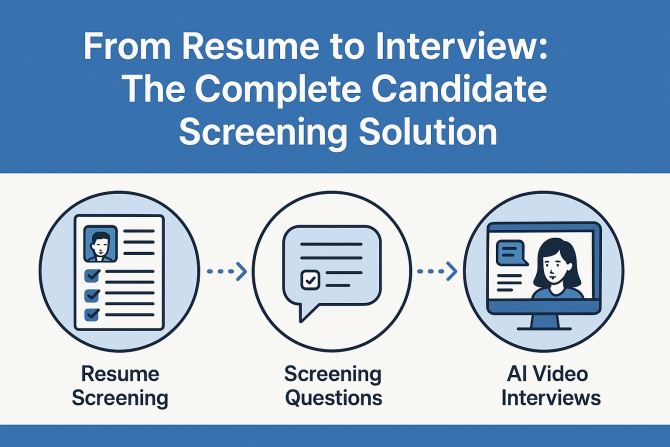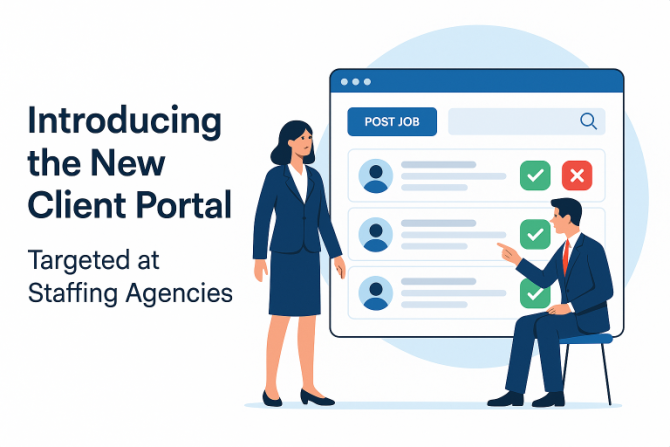
Job shadowing is a practical, on-the-job form of training, where the trainee follows a more experienced employee as they work. It can prove a highly beneficial type of training for students, interns, or employees who would like to find out more about a particular job they lack experience in. There is no set amount of time for job shadowing; it depends on the specific organization or even on the role. Some job shadows last for a day, while others last for weeks - or even months!
Job shadowing is mostly aimed at giving students, interns, or even other employees insight into professions they lack experience in. This sort of training tends not to be very participatory. Rather, the trainee is expected to observe the employee throughout the working day to gain a better understanding of what exactly the job entails.
How Does Job Shadowing Work?
Most of the time, job shadowing opportunities are organized by universities or high schools as part of formalized programs. If you are interested in seeking out such opportunities, perhaps discuss the matter with your guidance counselor, or pay a visit to your university’s career services office.
If you can’t find any formal programs through your university, don’t give up just yet! There are some government agencies and organizations that also arrange job shadowing opportunities for students.
Benefits of Job Shadowing
Due to its practical nature, job shadowing often proves more valuable than other forms of training. But what exactly are the benefits of job shadowing? Here are just a few:
- Gaining experience: Job shadowing is an excellent way of gaining useful experience in a field you might not be super familiar with. You’ll get to observe the day-to-day goings-on in the company and get a sense of what it’s like to work there. This will help you decide whether or not this kind of job is for you.
- Networking opportunities: Job shadowing can allow fantastic opportunities for connecting with professionals in the industry—a crucial move for those lacking practical experience. As part of your job shadowing, you may be given a chance to observe meetings you wouldn’t be able to attend as an intern. This means you will have the opportunity to connect with people you wouldn’t otherwise have access to.
- New perspectives: Job shadowing helps you find new perspectives on the job by letting you learn from the experiences of others. You’re able to get a firsthand account of the daily struggles and rewards of the industry. You also have the opportunity to find out whether or not your skillset is a good match for the job.
How to Prepare for Job Shadowing
Before embarking on a job shadowing program, it’s important to make sure you are as prepared as possible for the experience. But how should you prepare for job shadowing? Here are a few ideas to get you started:
- Consider your availability: Choose a time that suits you! For example, if you’re a student, you’ll want to make sure the mentorship doesn’t conflict with exams and essay deadlines. Be realistic about how much time you will be able to dedicate to the job shadowing.
- Dress appropriately: Make sure your outfit meets the standards of the workplace dress code. If you’re not sure what outfit would be appropriate for the job, just ask someone! Your career advisor, guidance counselor, and even the employee you’ll be shadowing should all be happy to help.
- Research: Do your research! Make sure you familiarise yourself with the company before you start your job shadowing.
- Ask questions: Prepare questions in advance. This will help you really get the best out of your job shadowing, and it will show that you’re taking the experience seriously.
- Keep notes: Make sure to bring along a notepad and pen to take notes throughout your job shadowing experience. You’re bound to learn a lot during your mentorship, and it will be of great benefit to you to be able to reflect on your notes at a later time.
Job shadowing is an extremely useful form of training, where the trainee can gain insights on a job position they may be interested in by observing professionals in that area. As this article has shown, there are numerous benefits to such an approach, and job shadowing programs are well-worth considering. However, if you really want to get the most out of job shadowing that you can, it’s important to prepare well for the experience.
For more information and advice on the recruitment process, check out our other free access articles from our experts at Talenteria.





